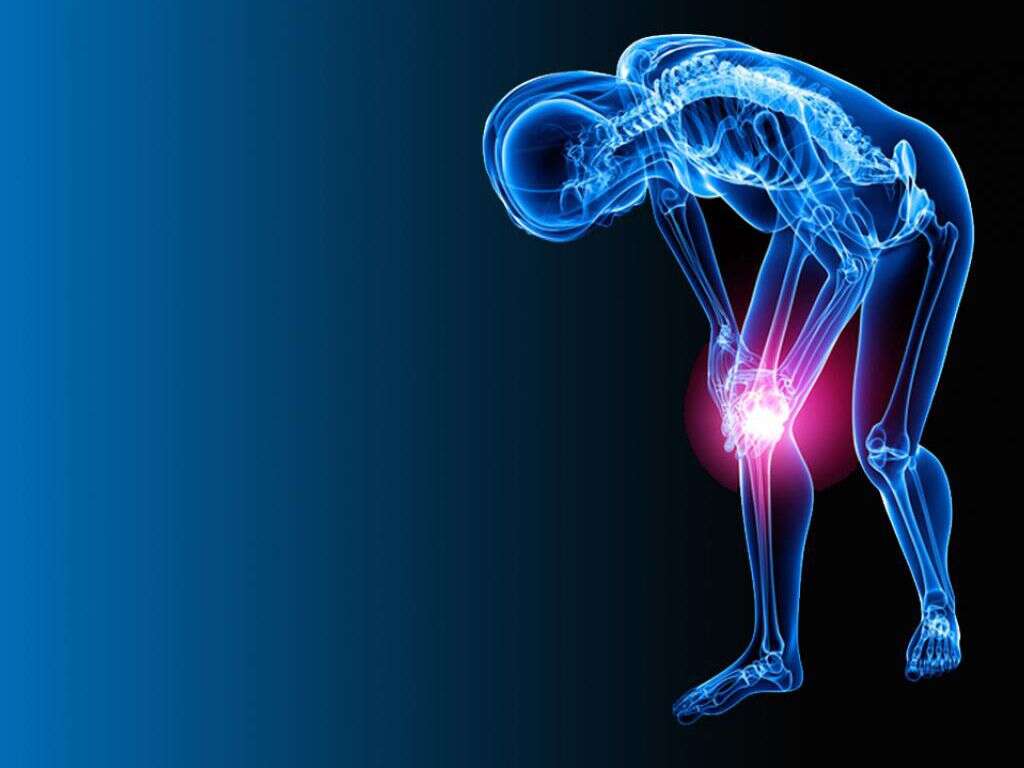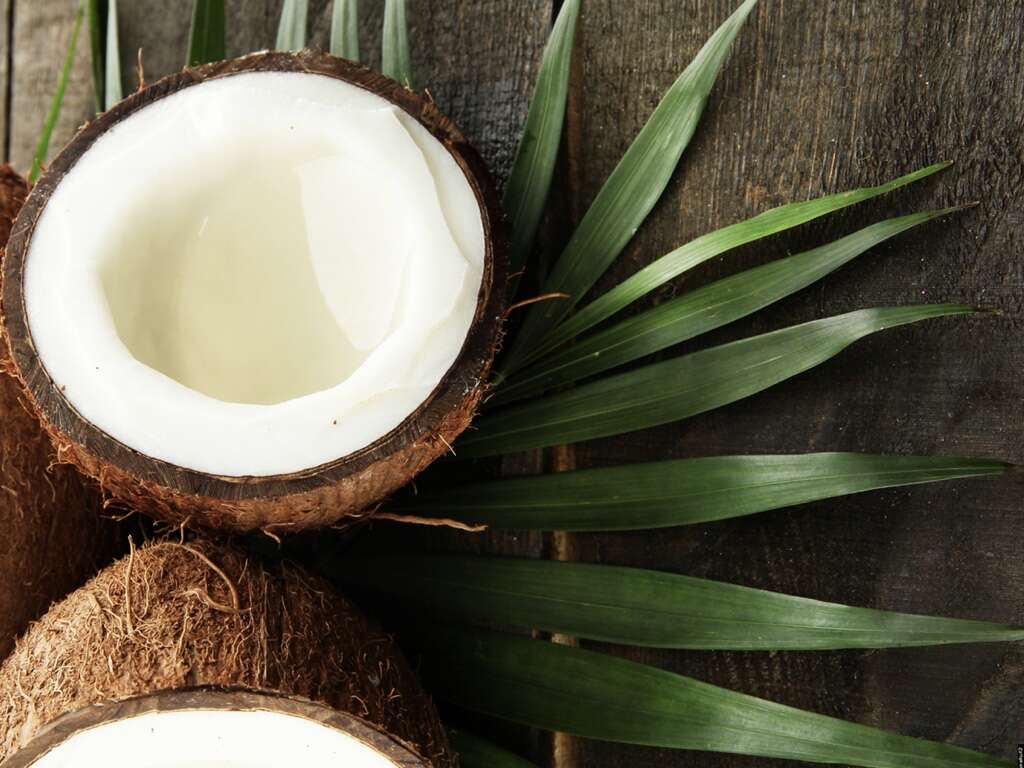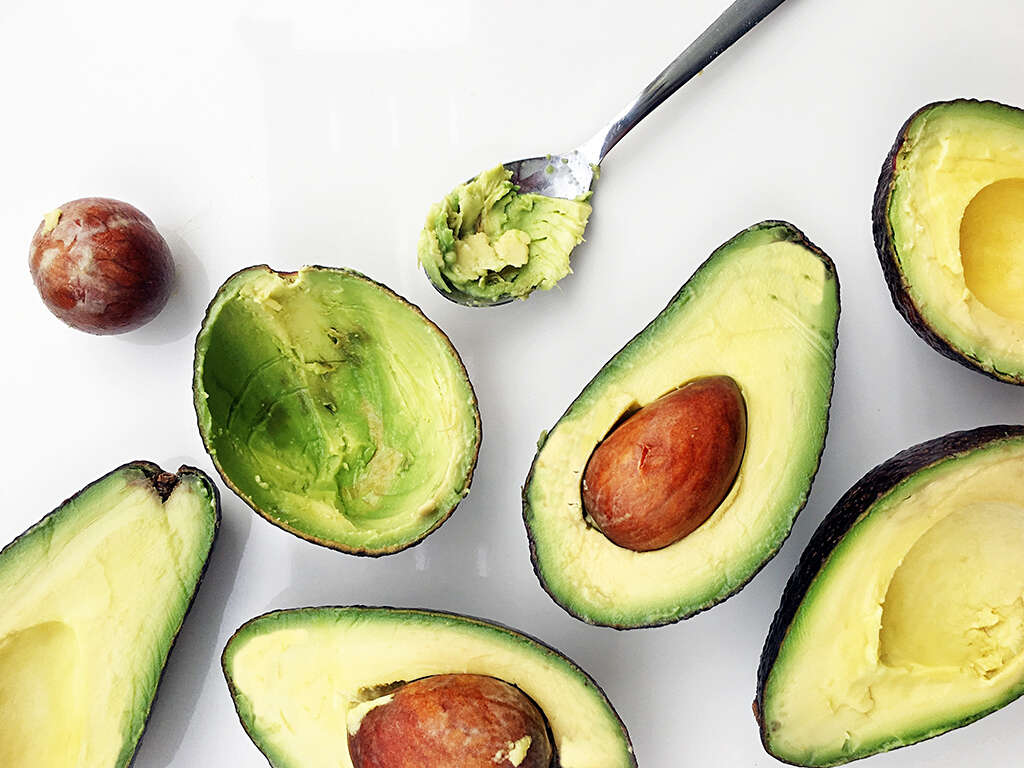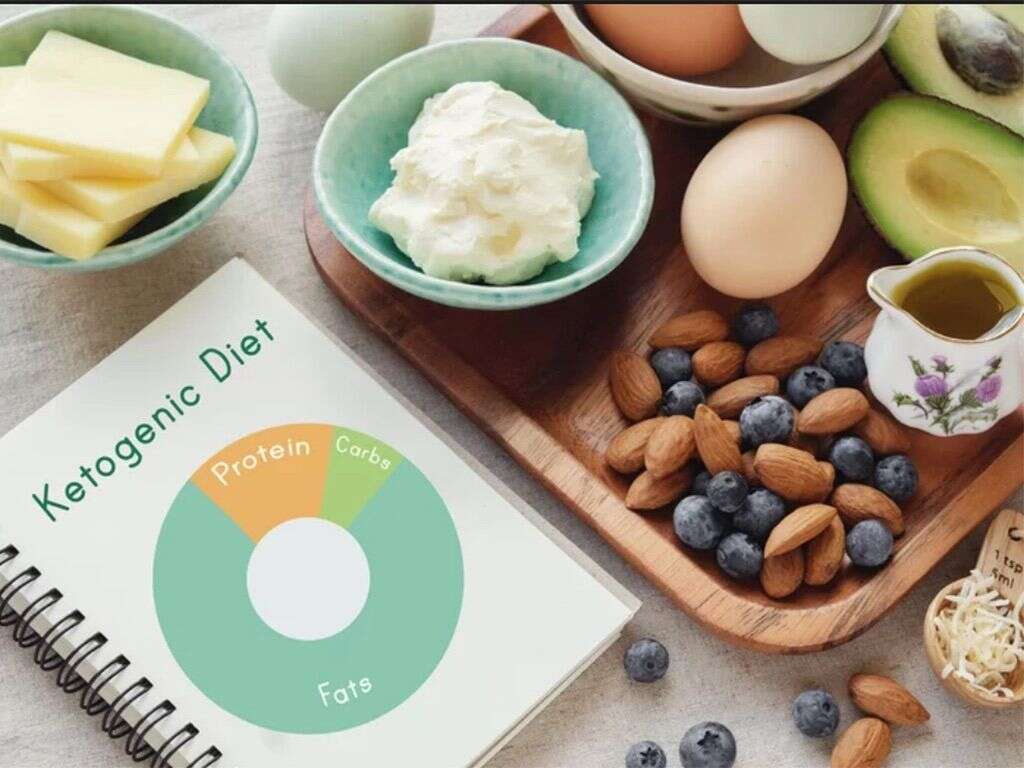10 Benefits of a Keto Diet
The ketogenic diet, or keto diet, has become very popular over the last few years. A keto diet is a diet that follows a low carbohydrate, high fat, and high protein pattern. The diet, like many diets, has been met with controversy. However, numerous studies have shown there are benefits to this eating pattern.
The diet typically allows 75% fat, 20% protein, and 5% of carbohydrates. This is vastly different from the American diet, which attributes 50% to 60% of calories from carbohydrates.
The idea behind the diet is that by depriving your body of glucose, the body will be forced to burn its fat storage for energy.
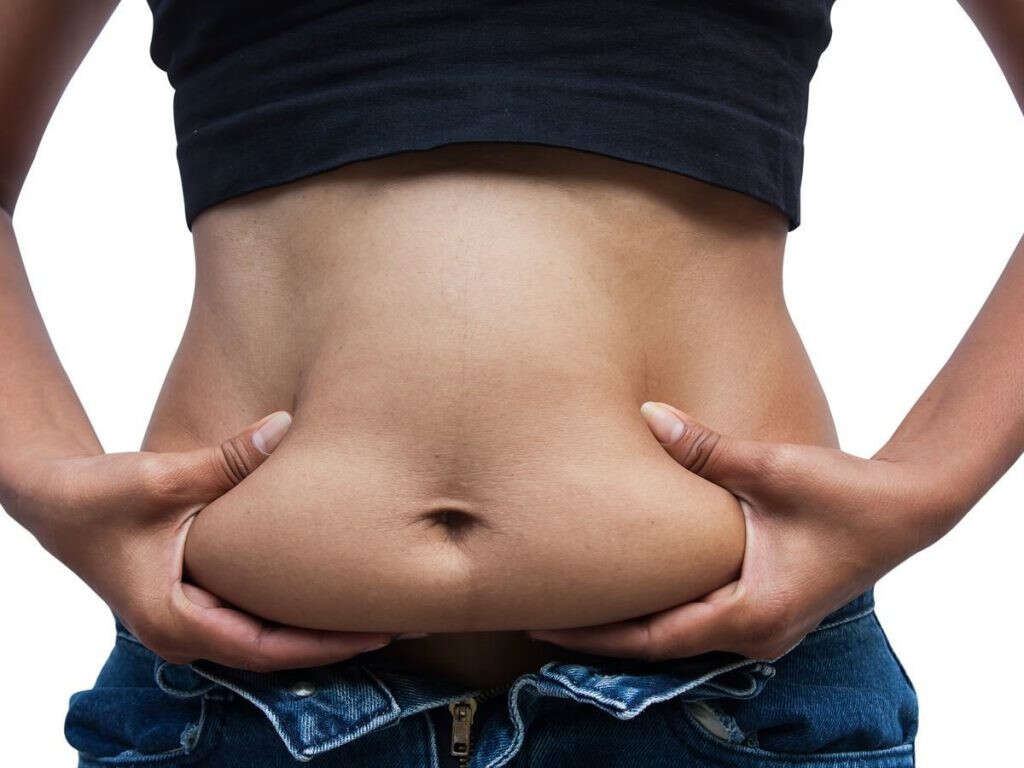
Benefit #1: Weight Loss
One of the reasons people adopt the keto diet is due to weight loss. Initially, the weight loss comes from loss of water. This is because when you cut down on carbs in your diet, your body uses up the carbohydrates stored in the liver, which hold onto water. The diet results in further weight loss because it encourages you to load up on whole foods and satisfying healthy fats.
By cutting carbs, you’ll also cut sugar, which means a steadier supply of energy (no more sugar highs and crashes!). In studies comparing low-carb and low-fat diets, people restricting their carbs sometimes lose 2–3 times as much weight, without being hungry.
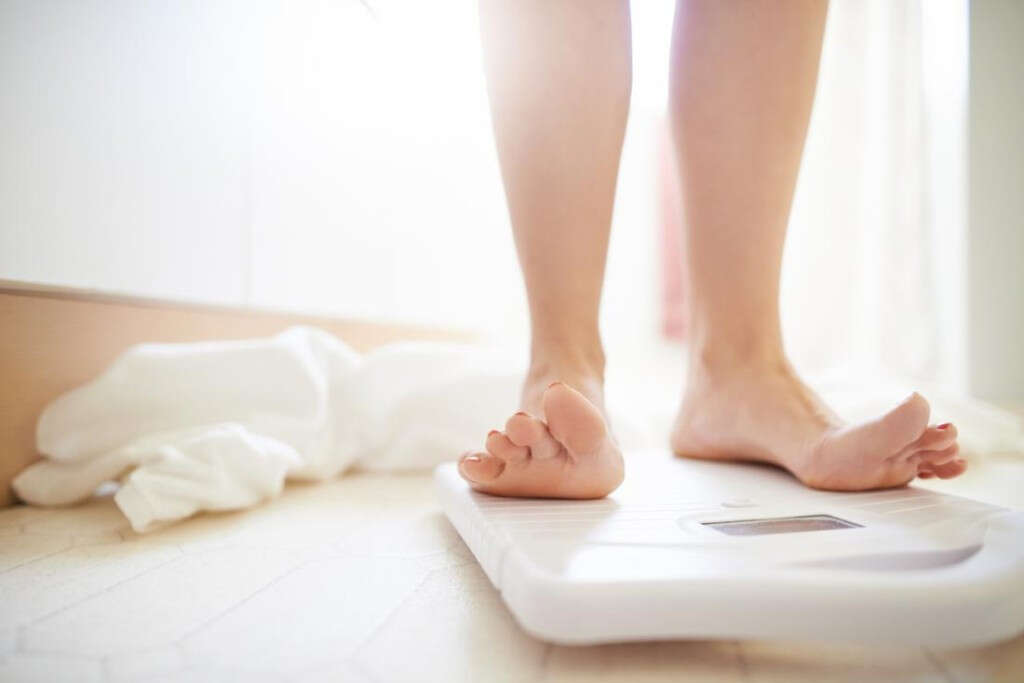
Benefit #2: Reduces Appetite
One of the things many people report when they adopt the keto diet is the increase in energy they have, and the decreased desire to snack all the time. Data suggests the keto diet leads to fewer hunger pangs and a lower desire to eat.
This is a huge benefit to the keto diet, especially in comparison to other diets in which people feel hungry and even miserable all the time, a reason why diets often do not work for people. This benefit also ties in with why people experience weight loss. A decreased appetite means decreased calories.

Benefit #3: Great Amount of Fat Loss from the Abdominal Cavity
As many of us know, losing weight around the abdominal cavity is quite difficult. And because spot training does not mean a loss of fat in a specific area, many of us are stuck with unwanted fat around our bellies. There are two types of fat: visceral fat, which is fat that surrounds our organs and abdominal cavity, and subcutaneous fat, which is fat under the skin. Fat stored in excess can affect health and risk of disease. For instance, excess fat in the abdominal cavity is linked to diabetes and hyperlipidemia.
Low-carb diets are very effective at reducing this harmful abdominal fat. In fact, a greater proportion of the fat people lose on low-carb diets seems to come from the abdominal cavity.

Benefit #4: Triglycerides Decrease Drastically
Although this diet is high in fat, ironically, triglycerides levels in the body decrease significantly. Triglycerides are fat molecules that circulate our bloodstreams. A high level of circulating triglycerides is linked to heart disease, metabolic syndromes, and diabetes. Thus, it is very beneficial to have a stabilized level to avoid disease.
One of the common causes of high triglyceride levels is overconsumption of carbohydrates. Thus, when people cut out carbs, this leads to a positive decrease in triglycerides. On the other hand, low-fat diets often cause triglycerides to increase. This was supported by a study done by UC Berkeley research team. When student participants increased their carb intake and lowered their fat intake, their triglyceride levels also increased.
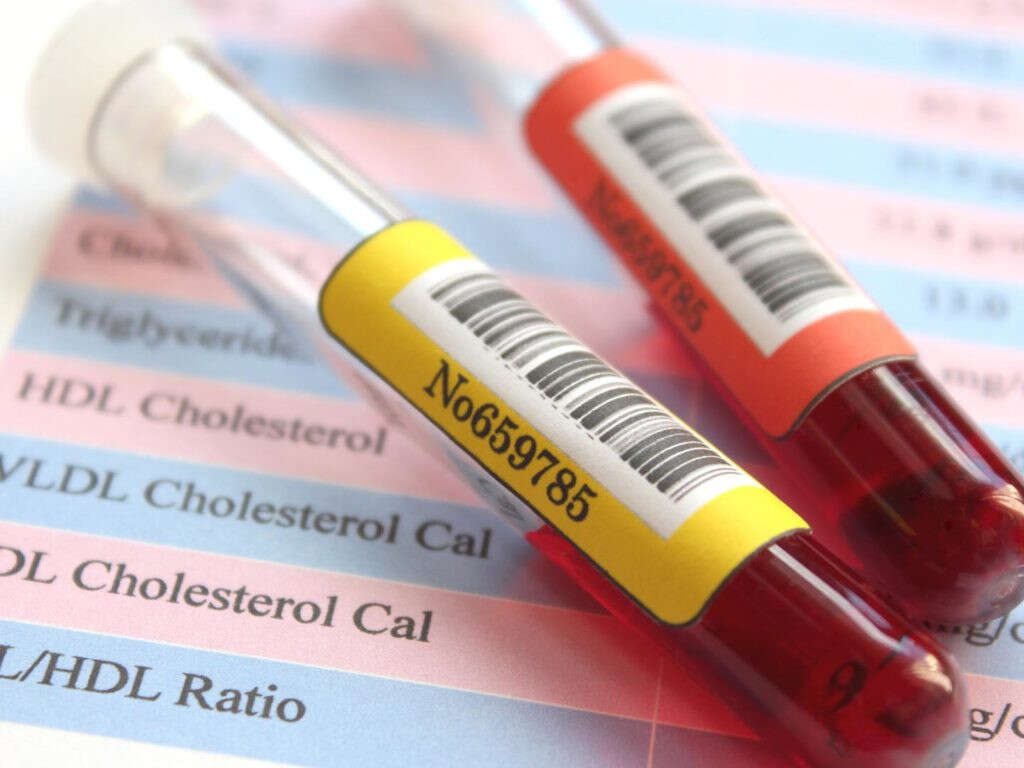
Benefit #5: Increased Levels of Good HDL Cholesterol
There are many different types of lipoproteins in the body. The two most common ones are HDL (high density lipoprotein) and LDL (Low density lipoprotein). HDL oversees picking up triglycerides and returning them to the liver. In contrast, LDL picks up triglycerides from the liver to the body. Too much LDL can lead to the hardening of arteries. Which can lead to heart disease.
One of the best ways to increase “good” HDL levels is to eat fat—and low-carb diets include a lot of fat. Therefore, it is unsurprising that HDL levels increase dramatically on healthy, low-carb diets, while they tend to increase only moderately or even decline on a low-fat diet.

Benefit #6: Reduced Blood Sugar Levels
Keto diets, a diet low in carb, can also be particularly helpful for people with diabetes and insulin resistance, which affect millions of people worldwide. Studies prove that cutting carbs lowers both blood sugar and insulin levels drastically. Some people with diabetes who begin a low-carb diet may need to reduce their insulin dosage by 50% almost immediately.
In one study in people with type 2 diabetes, 95% had reduced or eliminated their glucose-lowering medication within six months. If you take blood sugar medication, talk to your doctor before making changes to your carb intake, as your dosage may need to be adjusted to prevent hypoglycemia.
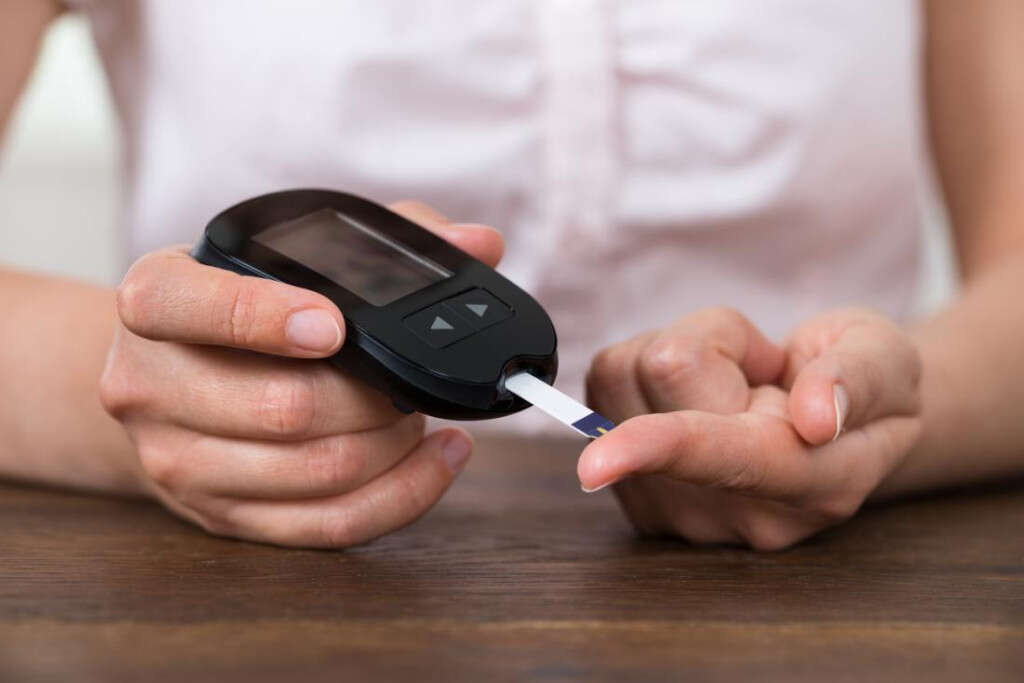
Benefit #7: Therapeutic against Brain Disorders
The keto diet first began to help children with epilepsy. This began in the 1920s. Thus, the diet has been around for decades. In many cases, this diet can cure children of epilepsy. In one study, over half of the children on a keto diet experienced a greater than 50% reduction in their number of seizures, while 16% became seizure-free.
Very low-carb and keto diets are now being studied for other brain conditions as well, including Alzheimer’s and Parkinson’s disease
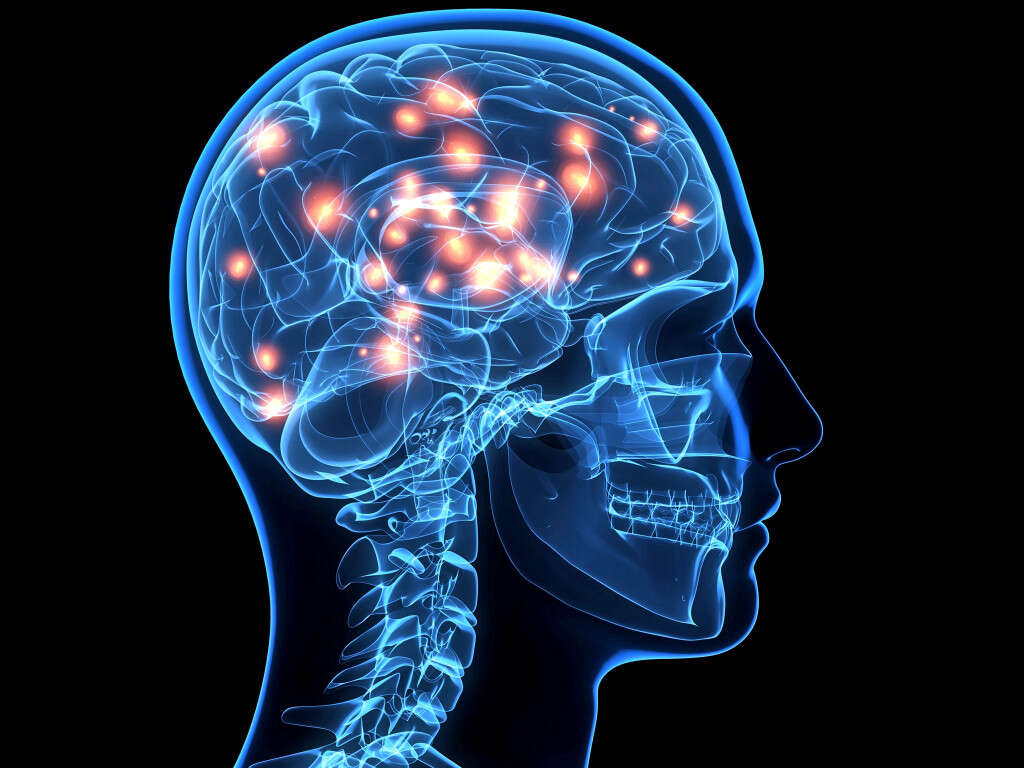
Benefit #8: Can Help Reduce Acne
Acne can be very harmful to one’s self esteem. Many of us, if not all, have had some run ins with an unwanted pimple. There are also some of us who suffer from acne, a chronic condition in which the appearance of pimples is overwhelming.
There are several different causes of acne, and one may be related to diet and blood sugar. Eating a diet high in processed and refined carbohydrates can alter gut bacteria and cause more dramatic blood sugar fluctuations, both of which can have an influence on skin health. Therefore, by decreasing carb intake, it’s not a surprise that a keto diet could reduce some cases of acne.

Benefit #9: May Help Lower Blood Pressure
High blood pressure can be very detrimental to one’s health. Currently, over 75 million people in the United States have high blood pressure. That means 1 in 3 people suffer from the condition. An elevated blood pressure can lead to heart disease, stroke, or even kidney failure.
There are many ways to combat high blood pressure. The keto diet may be one way to help lower blood pressure. This is because low carbohydrate diets are a very effective way to combat high blood pressure. Lowering your blood pressure can really help combat a myriad of diseases as well.

Benefit #10: Effective against Metabolic Syndrome
Similar to high blood pressure, metabolic syndrome is very prevalent in our society. Metabolic syndrome is a cluster of conditions—increased blood pressure, high blood sugar, excess body fat around the waist, and abnormal cholesterol or triglyceride levels—that occur together, increasing your risk of heart disease, stroke, and diabetes.
The keto diet may be a good diet for you to combat metabolic syndrome. This is because a low carbohydrate diet has been linked to decreasing all five of these symptoms.




